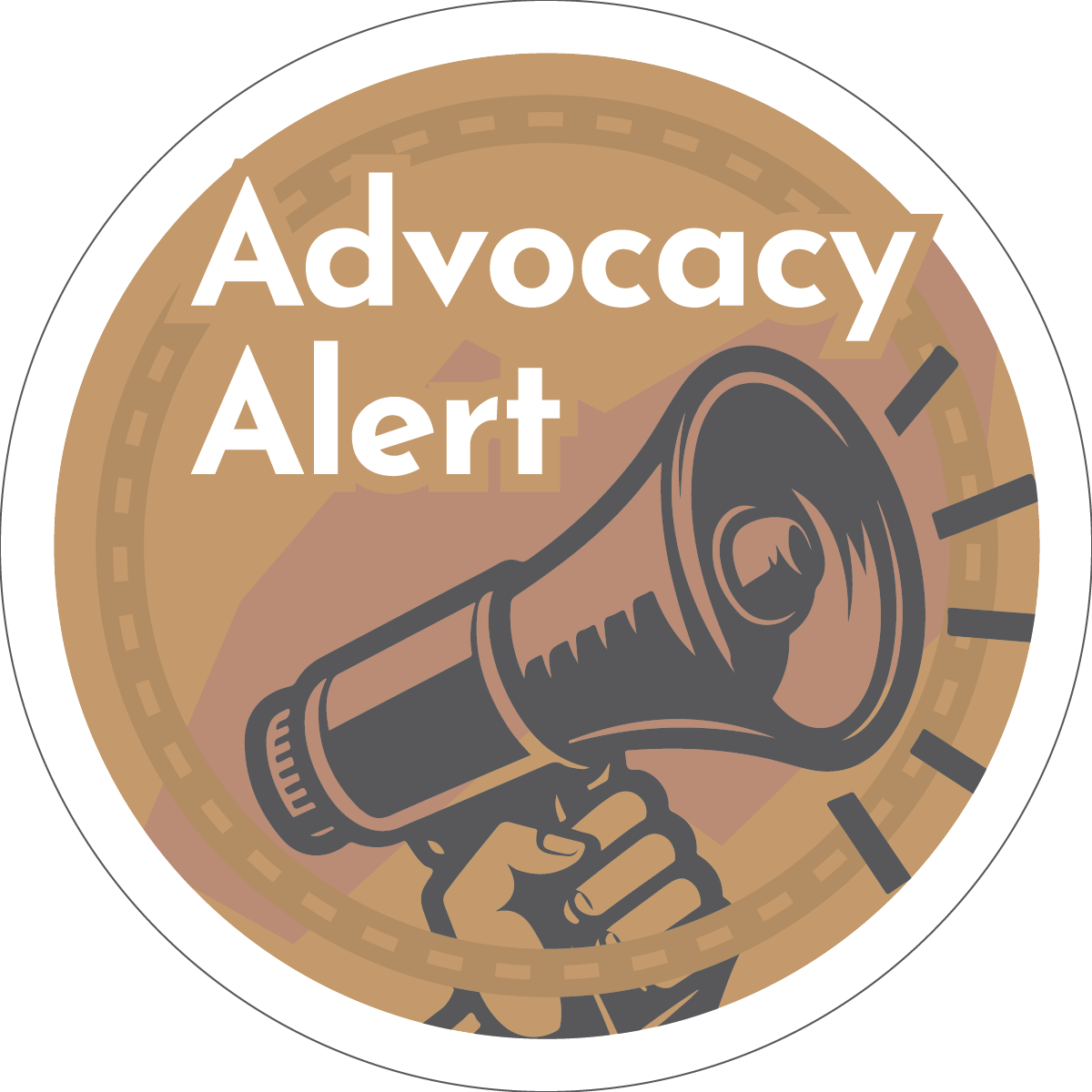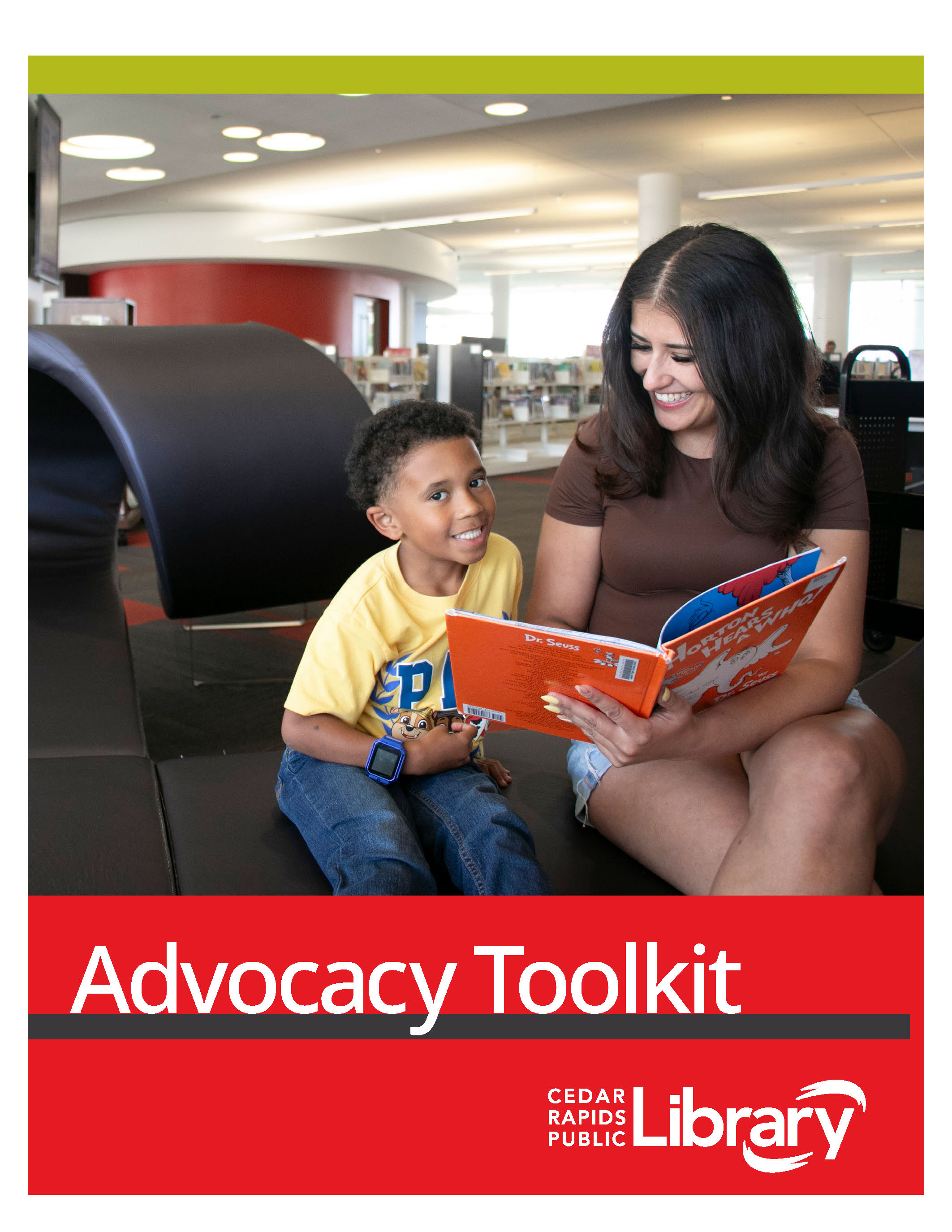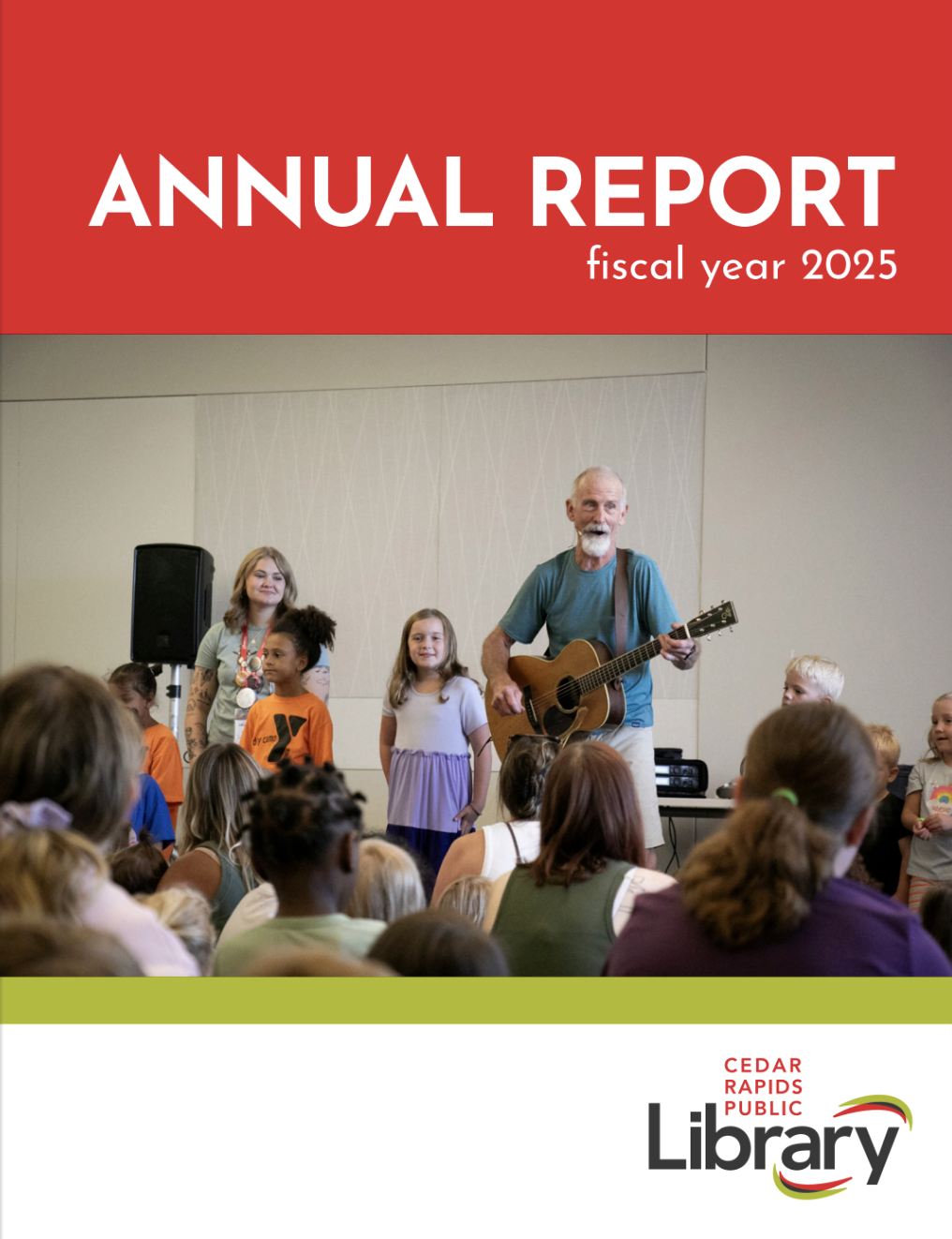Use our library value calculator to see how much you've saved by using your library card. Just plug what you've borrowed over the last 12 months into the form to see the estimated value.
Currently Up for Debate
HSB 636: Public Library/Mobile Library Agreements
Prohibits school districts, charter schools, and innovation zone schools from entering into agreements with public libraries that allow students to use school-issued ID cards to access library resources. It also prohibits these schools from allowing mobile libraries to visit school property for book lending events.
This bill would prohibit the library from entering into an agreement to allow student IDs to be used as library cards, something that has been done in the past to increase access to library materials for student use. It would also prevent libraries from sending vehicles such as bookmobiles (or our Mobile Tech Lab) to schools for book checkouts to students.
This bill has made it out of committee and is now on the House Floor.
HF 2309 Defines "Material Harmful to Minors" and Criminalizes Librarians
Introduced 2/6/26
This bill has several sections that would change the way in which libraries operate and how they provide service to minors, as well as create criminal penalties for library staff.
This bill would:
- define "material harmful to minors" in the same way as 2023's SF496 which is currently in litigation.
- eliminate the obscenity exemption currently in place for libraries and educational institutions, and prohibit libraries from disseminating material considered "harmful to minors" without parental consent.
- define how parental consent is obtained and restricts a minors access to these materials without this express consent.
- define how certain materials considered "harmful to minors" must be catalogued in the library system and where they can be shelved (in an adult section only required to be created by this bill).
- define the reconsideration policy for library materials, something currently determined by individual public library policy.
This bill also allows the parent of a minor to bring criminal and civil action against a public library, public library board of trustees, or library employee.
It would make it criminal for a library staff member or trustee to "willfully disseminate material harmful to minors" without the explicit consent as directed in the bill, or try to circumvent this in any manner.
Obscenity Exemption Bill Introduced
A bill to remove obscenity exemptions for libraries and educational institutions has been introduced in the Iowa Senate.
The bill, Iowa Senate File 2119, would repeal Iowa Code 728.7, which gives legal protection to library staff and educators providing information for educational purposes.
This bill is not necessary. Iowa libraries and schools are not currently sharing obscene materials with minors. Under Iowa law, materials are deemed obscene if an average person, applying contemporary community standards, would find them “patently offensive” and if the materials, taken as a whole, lack serious literary, scientific, political, or artistic value.
However, if this bill advances, library staff or teachers could face criminal charges if a local prosecutor believes a book to be obscene. It could also lead to lawsuits by parents, guardians, or former minors who allege a librarian or teacher knowingly exposed a minor to obscene materials.
The bill has been assigned to the Senate Education Committee. It has been assigned to a sub-committee. We will be watching and will let you know if that changes.
Additional Library Bills Currently in Committee
We are monitoring several bills as the 2026 legislative session continues.
HF 2270: Public Library Standards
This bill changes the requirements related to public library standards and performance measures, making libraries ineligible for Enrich Iowa dollars if they comply with or adopt policies or standards from private organizations unless explicitly allowed.
HF 2136: Library Record Confidentiality
Allows the parent or guardian of a minor to access the minor's library records upon request. Previously, such records were confidential and could only be released under specific circumstances, such as a court order or a criminal investigation. The new provision specifically permits parental or guardian access to these records, while maintaining confidentiality protections against general public disclosure.
SF 2177: Digital Library Services
This bill requires libraries and any third-party contractors to implement policies and technology measures to block minors from accessing, sending, or downloading child pornography, hard-core pornography, obscene material, controlled substance-related content, and visual depictions of minors via digital library services.
Advocacy
The Cedar Rapids Public Library is grateful for the support of our community. The purpose of this page is to outline resources to promote the importance and value of the Cedar Rapids Public Library. These tools have been compiled to make it as easy as possible to share your support for the library with your friends, family, and community.
Advocacy helps to:
- Inform public library users and the community about library services and their value
- Demonstrate how public library services improve the lives of people in the community
- Ensure libraries have resources to continue offering these important services
- Secure a place at the table for library leaders where important funding and policy decisions are made
Why is Advocacy Important?
Library advocacy is important because it ensures we continue to have the means necessary to serve as a vital community resource supporting all community members. Regular and consistent advocacy with stakeholders means there is a greater chance of being top of mind when important decisions are being made.
We hope this toolkit will offer you the resources needed to advocate for the Cedar Rapids Public Library. Some examples of the messages we hope you will share:
- “The Cedar Rapids Public Library is a vital community hub that fosters lifelong learning, promotes literacy, and provides equal access to information for all residents.”
- “The library offers free resources, programs, and services that support education, professional development, and personal growth, contributing to a thriving community.”
- “Investing in the Cedar Rapids Public Library is an investment in our community’s future, as it enhances quality of life, promotes economic development, and strengthens social cohesion.”
Share Your Library Story
The impact of a public library can best be measured by the impact on our community. This is where you come in!
Tell us a story about how the library has impacted your life or the lives of those around you. Share meaningful interactions or moments, or tell us about your experience with a library staff member.
By submitting this form, you give the Cedar Rapids Public Library permission to publish your story. When we share stories, we typically display only your first name and last initial. Not all submissions are published.
Freedom to Read Timeline
The freedom to read is intertwined with U.S. history, enshrined in the First Amendment and founding ideals of this country.
However, book challenges have also been a recurring feature of American history. Find a timeline of the history of the freedom to read in Cedar Rapids, Iowa, and beyond at the link below.




